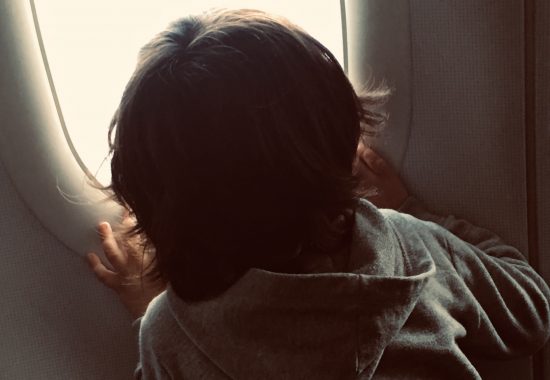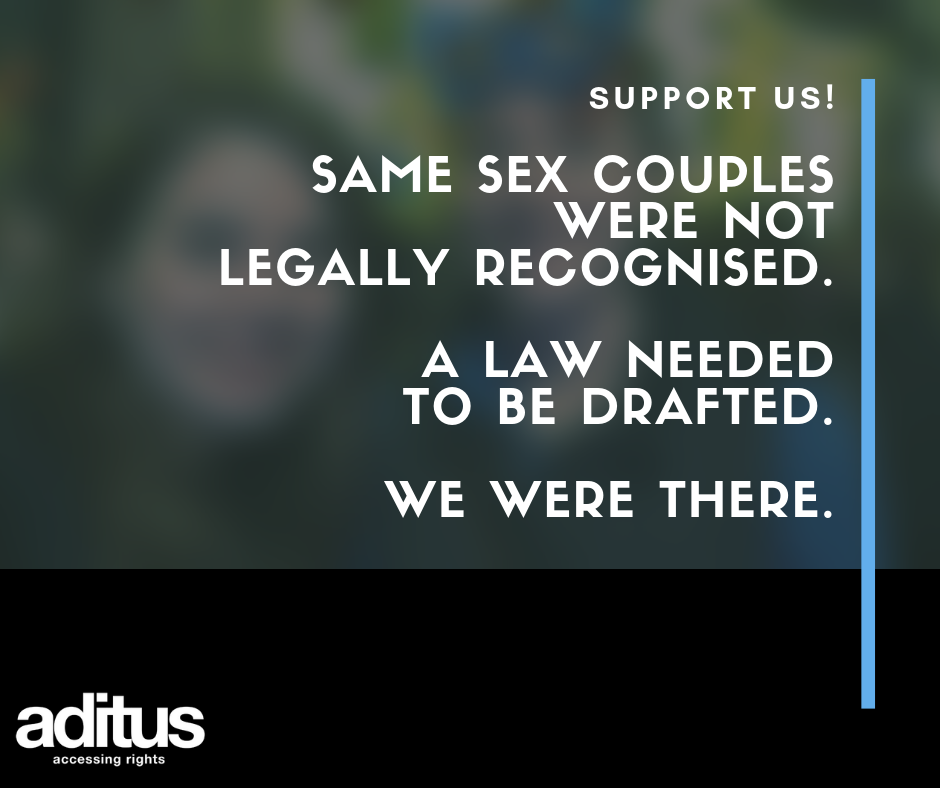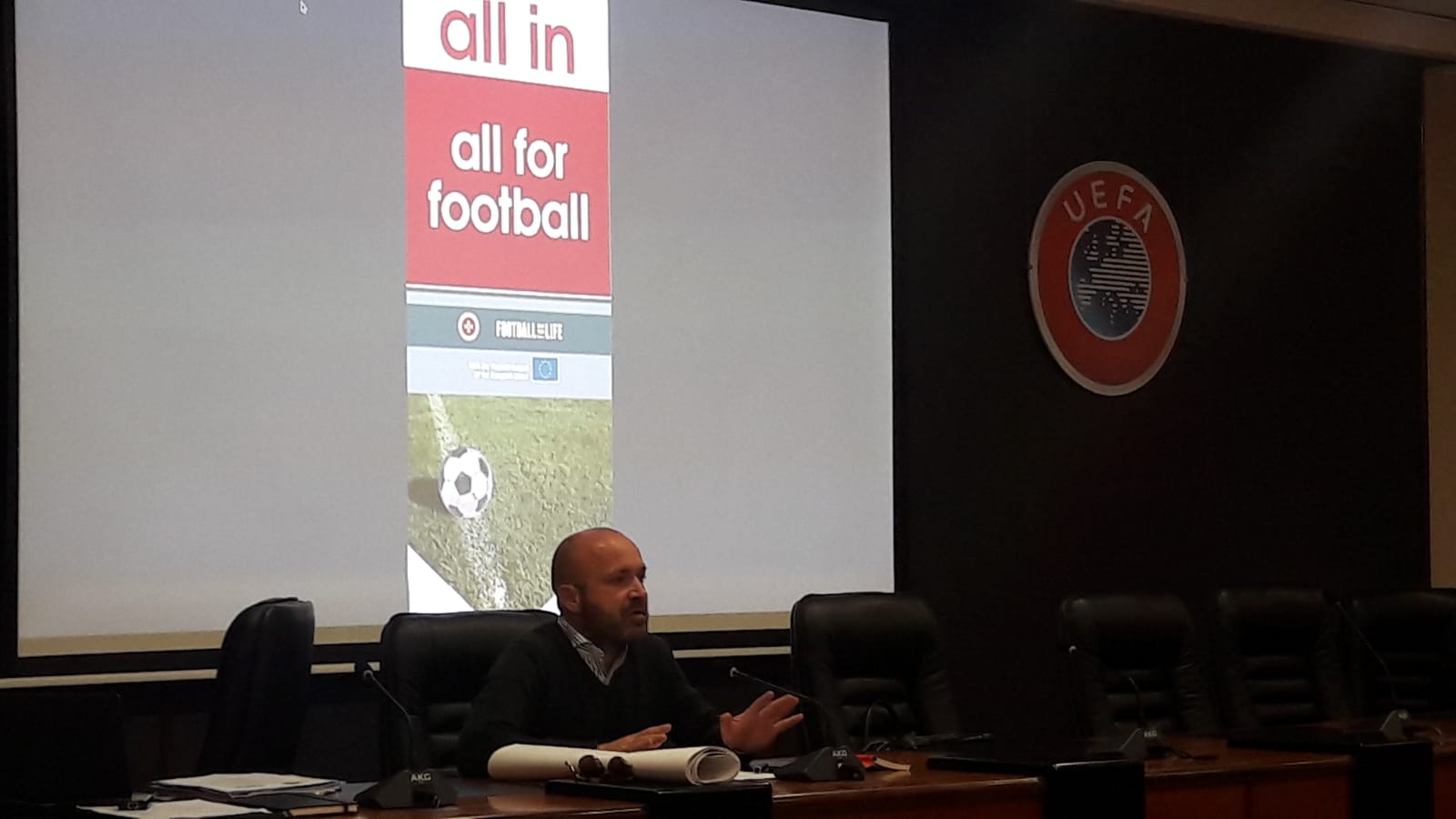Katerina’s Story
Facts
Katerina*, a Macedonian national and single mother of two young children, entered Malta legally and applied for a work permit in 2016. She was legally allowed to stay in Malta until a decision on her application and subsequent appeal was taken. Throughout that year, her two minor children aged four and six were attending school in Malta and finished their scholastic year in June 2017.
The whole process ended with a final rejection one year later in the beginning of July 2017, after which she voluntarily bought three plane tickets to return to her country mid-July. She overstayed in Malta for merely 21 days, in order allow her children to finish their scholastic year and to get things packed.
On the day of her flight, she was stopped by Immigration Police as she and her children were boarding the plane at Malta International Airport. An Immigration Police Officer issued a Return Decision accompanied by a Removal Order, together with a Schengen re-entry ban** of five years. She was then asked the by same Officer to sign a paper waiving her right to appeal as she was told that if she didn’t sign it then her return might be delayed.
At at that point, Katerina was being held by Immigration Police, pre-flight with her two minor children and was afraid of being held for longer periods of time at the airport. She was in an extremely vulnerable position. She signed the document and returned to Macedonia.
As a result of this, our client was banned from entering the European Union for 5 years, irrespective of the reason for travel. She was offered a web design job in Berlin which she had to decline due her ban and she could not travel even for tourist purposes with her children in Europe.
Our role
- We filed an appeal with the Immigration Appeals Board (IAB) on the basis of the fact that our client was returning voluntarily, that there was no individual assessment that took into account that she only overstayed for a short period, and that she did not pose a public security risk. In our appeal we requested the IAB to withdraw the ban on re-entry. Our client received a negative decision from the IAB 15 months later.
- We corresponded with Immigration Police for over 12 months, requesting a lifting of the ban. The ban was finally lifted by Immigration Police after two years.
- We filed a complaint before the EU Commission for a breach of EU Law, namely Article 47, the right to an effective remedy, of the Charter of Fundamental Rights and Articles 7(1), 11(2) and 13(1) and (3) of the Returns Directive (2008/115/EC). This complaint is currently ongoing.
Results
- Our client can now freely travel to and take up employment in all European Member States with her two minor children.
- DG Migration and Home Affairs within the European Commission is examining the complaint in order to determine whether infringement proceedings should be opened against Malta.

For more information contact Carla on carlacamilleri@aditus.org.mt.
* Her name has been changed to protect her identity.
**Schengen re-entry ban: a decision prohibiting entry into and stay in the territory of European Member States.






